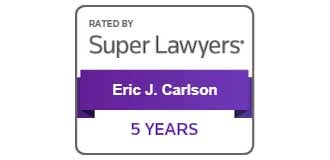No employer likes having to release an employee. Sometimes, however, it’s just unavoidable. Someone’s professional performance may have fallen short of company standards. If that is true, or if they committed wrongdoing on the job, then you, as a business manager or owner, have no choice.
Sometimes, the situation is different or less clear-cut. You may be concerned about wrongfully terminating an employee. Are there circumstances and situations in which you are legally prevented from firing someone? It’s best to know some basics about wrongful termination in case you ever have to deal with a claim like that from an ex-employee.
What wrongful termination means
There are two types of instances that constitute wrongful termination:
- Firing someone in a way that does not comply with company policy
- Firing someone in a manner that does not abide by federal or state laws
Letting an employee go under these circumstances could be considered wrongful termination Some instances when termination can be construed as wrongful:
- Leaning on an employee to break the law: You can’t fire an employee who won’t do something illegal.
- Discrimination: People can’t be fired based on certain characteristics like their religion, race, age, sexual preference, disability or gender.
- Violating public policy: Employers can’t terminate anyone during a medical leave, for example.
- Whistleblowing: Someone can’t be let go because they filed a complaint about workplace conditions or someone’s behavior.
- Harassment: An employee can’t be terminated because of a harassment claim.
- Constructive dismissal: Employers can’t deliberately take actions designed to maneuver somebody into stepping down from their position.
- Breach of contract: Termination must be done in a manner consistent with protocols in the employee’s contract or in the company’s employee handbook.
- Retaliation: Someone can’t be singled out for dismissal because they complained or exposed unlawful acts.
Know your rights and limitations as an employer
The topic of appropriate and inappropriate termination practices can be intricate. You may want to talk about it in-depth with someone who knows it well before you act.
















